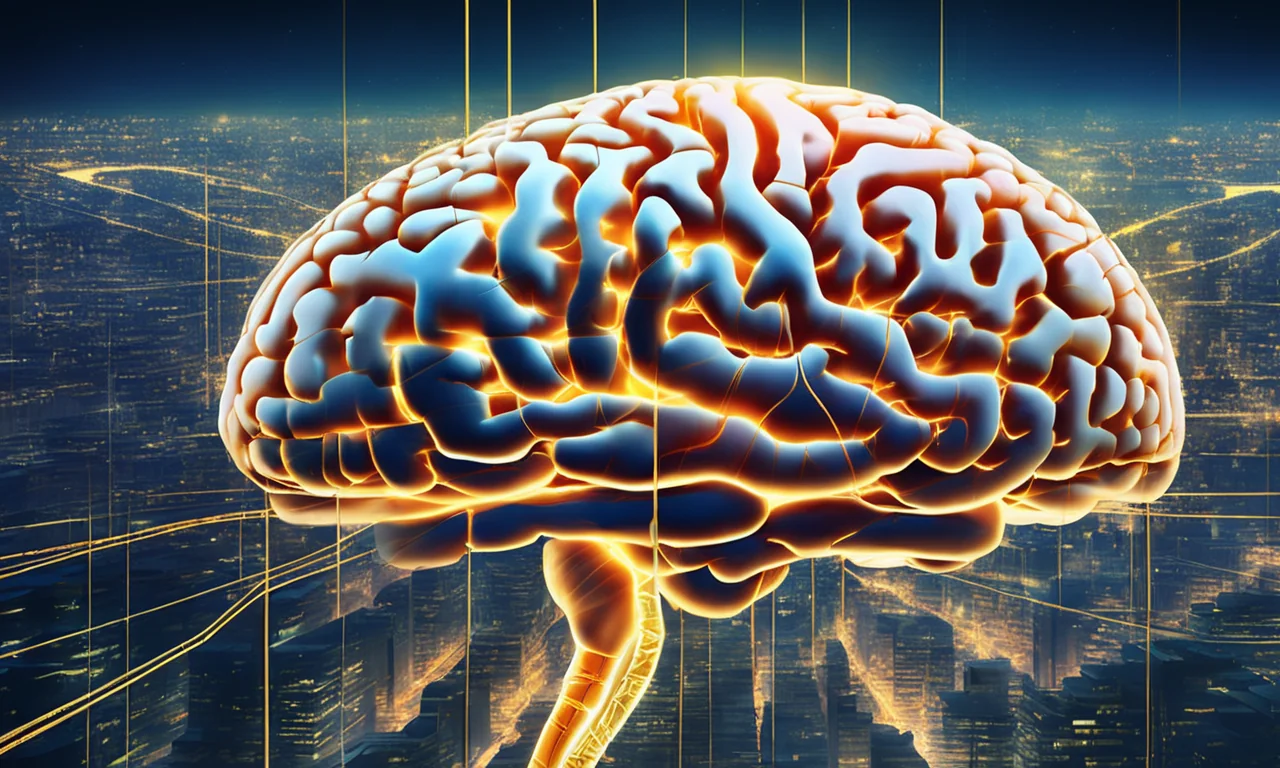
Physicians Favor Comfort Over Aggressive Care in End-of-Life Decisions
New research and community insights reveal shifting priorities in health, technology, and inequality today
Today's r/science discussions reveal a community deeply engaged with the intersections of personal wellbeing, technological progress, and social disparities. The dialogue is marked by rigorous self-reflection, an appetite for practical solutions, and an acute awareness of how scientific insights can reshape daily life and public policy.
Human Health: From End-of-Life Choices to Everyday Risks
Conversations around health underscore the value of autonomy and informed choices, especially at life's boundaries. A standout study on doctors' end-of-life preferences surfaces a striking divergence from public norms: most physicians favor comfort and dignity over aggressive interventions. This perspective is echoed in personal accounts of the trauma associated with resuscitative efforts, emphasizing the need for more nuanced, patient-centered care.
“CPR was meant for young, healthy people. It is very physically traumatizing and the odds that older/frail individuals actually meaningfully benefit is essentially zero.”
The thread continues into everyday routines, where a study on hair styling emissions compares the inhalation of ultrafine particles to the risks of heavy urban pollution or cigarette smoke. Commenters highlight actionable mitigation strategies, such as ventilation and product selection, reflecting the subreddit's practical orientation.
Scientific advances, like the first pig-to-human lung transplant, spark cautious optimism about future solutions to organ shortages. Community responses combine wonder with sober recognition of current limits, illustrating an appetite for incremental, evidence-based progress.
Mental Health and Social Stressors: Emerging Patterns
Mental health remains a persistent concern, with robust discussion around the pressures faced by educators. A study of Australian teachers highlights burnout and unmanageable workloads, linking poor wellbeing directly to student outcomes. This aligns with broader conversations about stress and coping, as seen in research on adolescent sleep and self-harm, which identifies sleep as a modifiable risk factor with major implications for youth intervention.
“Just feels bad when you know it's kids' futures you are trying to support.”
Further, findings on early-life stress in rats illuminate the molecular underpinnings of trauma, reinforcing the importance of early intervention and support. The subreddit's audience draws parallels to human experience, questioning traditional parenting advice and advocating for compassionate care.
Diet and lifestyle, too, emerge as levers for mental health, with evidence that a Mediterranean-style diet can offset genetic risk for dementia, particularly in high-risk individuals. Comments point to the synergistic role of exercise and sleep, broadening the discussion to holistic wellbeing.
Societal Structures, Technology, and Inequality
The subreddit's discourse on social disparities is both granular and systemic. A multi-state analysis of pediatric gun injuries exposes the profound influence of neighborhood opportunity on safety, with targeted prevention strategies called for in disadvantaged areas. This mirrors concerns about access, resource allocation, and the ripple effects of inequity.
Technological mediation of information is scrutinized in the wake of a study on internet echo chambers, which argues that simple algorithmic tweaks could foster broader perspectives. The community weighs the commercial implications and the role of AI, reinforcing the tension between profit and public good.
Lastly, foundational research on high-salt diets and brain inflammation challenges prevailing models of hypertension, suggesting new avenues for treatment and prevention that may one day shift medical practice.
In sum, today's r/science discussions are shaped by a drive for actionable knowledge, a recognition of the complex interplay between individual choices and systemic forces, and an insistence on scientific rigor as the foundation for meaningful change. The community's willingness to connect research with lived experience, while probing for deeper causes and solutions, points to a maturing digital forum where science informs—and is informed by—societal realities.
Sources
- Researchers interviewed 45 doctors in Europe and the U.S. about their end-of-life preferences. Physicians preferred being at home, loved ones nearby, with pain and symptoms controlled. They also expressed the desire to avoid life-prolonging measures, differing from the general public. by @SteRoPo
- Standard routine to protect hair from heat damage may create dangerous emissions just 10-20 minutes of styling with common products results in some 10 billion ultrafine particles being inhaled straight to the lungs akin to standing next to a busy road in peak hour or smoking several cigarettes. by @mvea
- 90% of Australian teachers experience severe levels of stress and 70% describe their workload as largely or completely unmanageable by @unsw
- A new study finds that a high-salt diet triggers brain inflammation that drives up blood pressure. A discovery in rats challenges long-held beliefs about hypertension and points to the brain as a new treatment target. by @TX908
- In the U.S children residing in "very low-opportunity" neighborhoods are up to 20 times more likely to be hospitalized for gun injuries than those living in the most advantaged areas. High-opportunity kids are far less likely to be shot, but twice as likely to die when it happens by @Wagamaga
- The way people search the internet can fuel echo chambers, according to a new study. But a simple tweak to search algorithms, the researchers propose, could help deliver a broader range of perspectives. by @scientificamerican
- Mediterranean-style diet may help reduce dementia risk. The study found that people at the highest genetic risk for Alzheimer's disease benefited more from following a Mediterranean-style diet, showing a greater reduction in dementia risk compared to those at lower genetic risk. by @mvea
- Scientists perform the first pig-to-human lung transplant The lung tissue remained alive for nine days after the transplant despite early signs of inflammation by @Science_News
- Analysis of data from over 10,000 teenagers has found that sleep problems at age 14 are associated with self-harm behaviour at that age and future self-harm at age 17. Sleep problems contributed to risk, even when accounting for other factors such as previous instances of self-harm, self-esteem by @Wagamaga
- In rats, early-life stress via maternal separation induces widespread DNA methylation changes in prefrontal cortex, enriching glutamatergic, MAPK, and calcium channel pathways by @sometimeshiny
Excellence through editorial scrutiny across all communities. - Tessa J. Grover